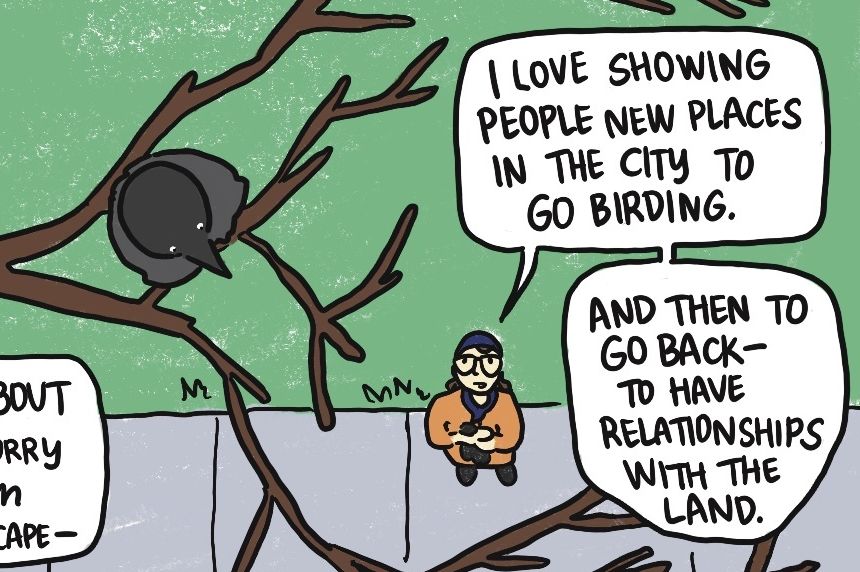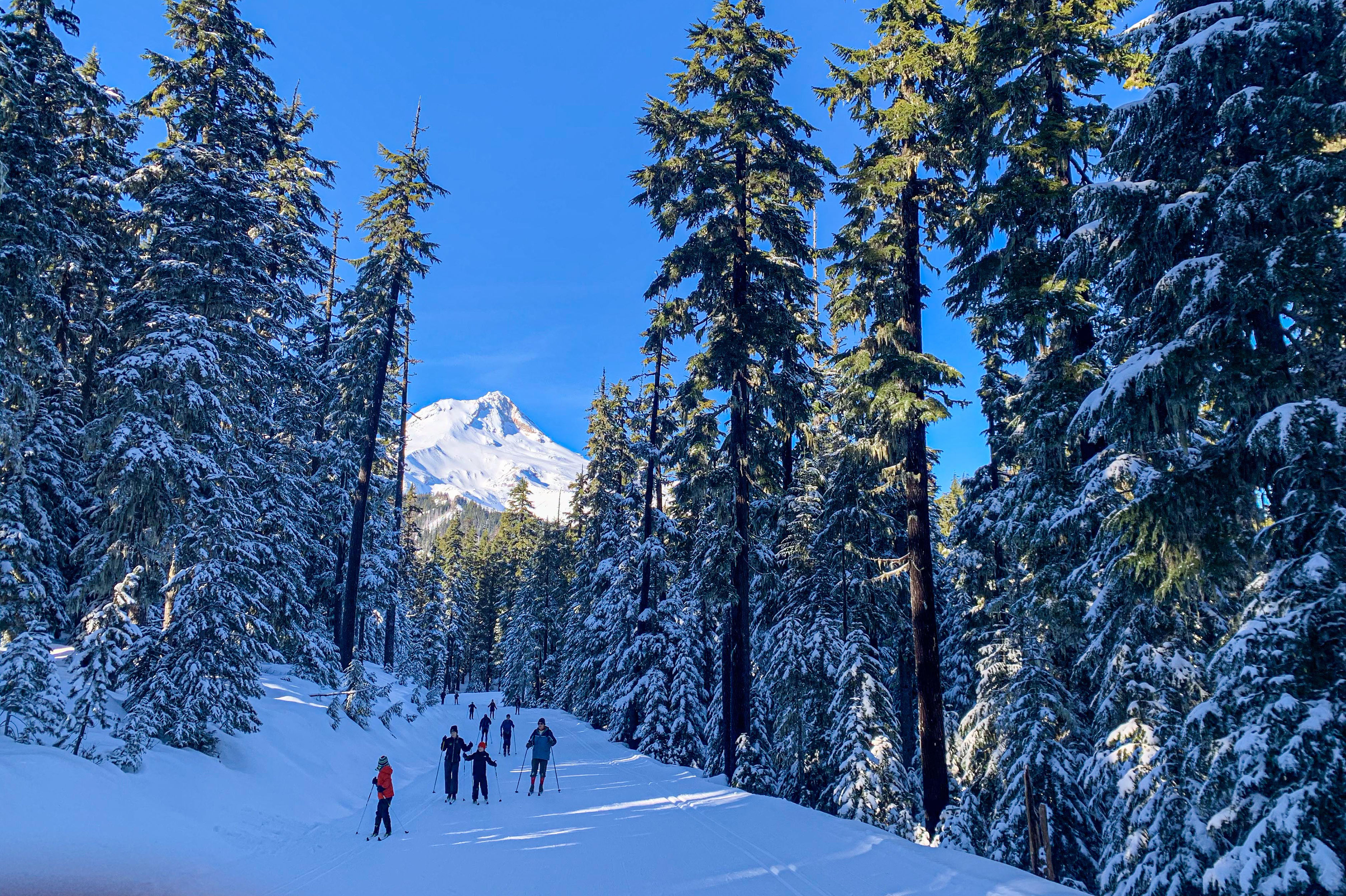How Looking out the Window Can Help You Survive a Concrete World
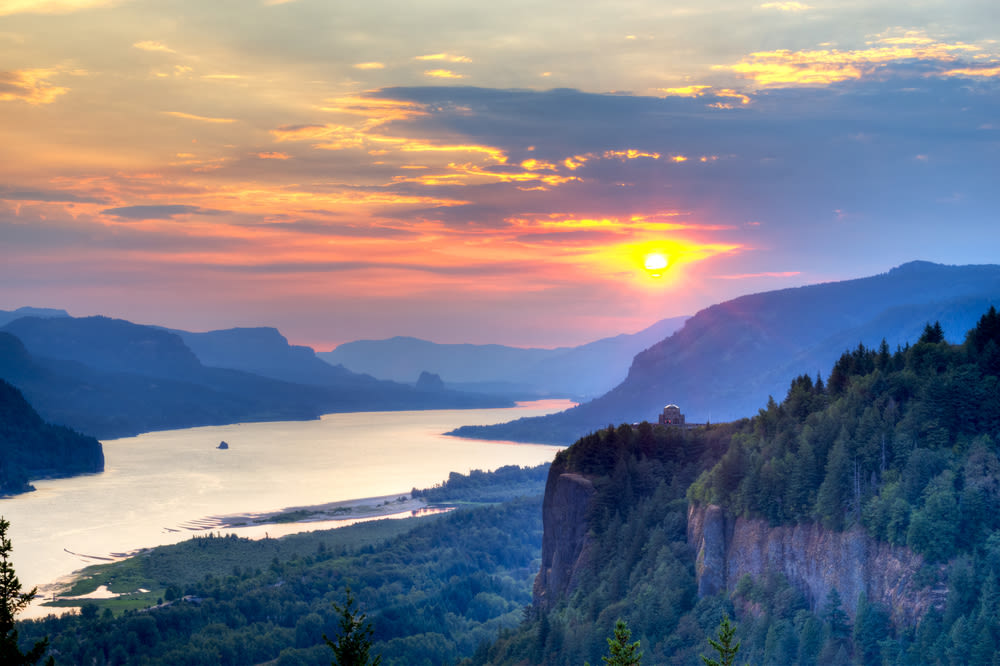
Need an excuse to skip town and hike the Columbia River Gorge?
Image: Shutterstock
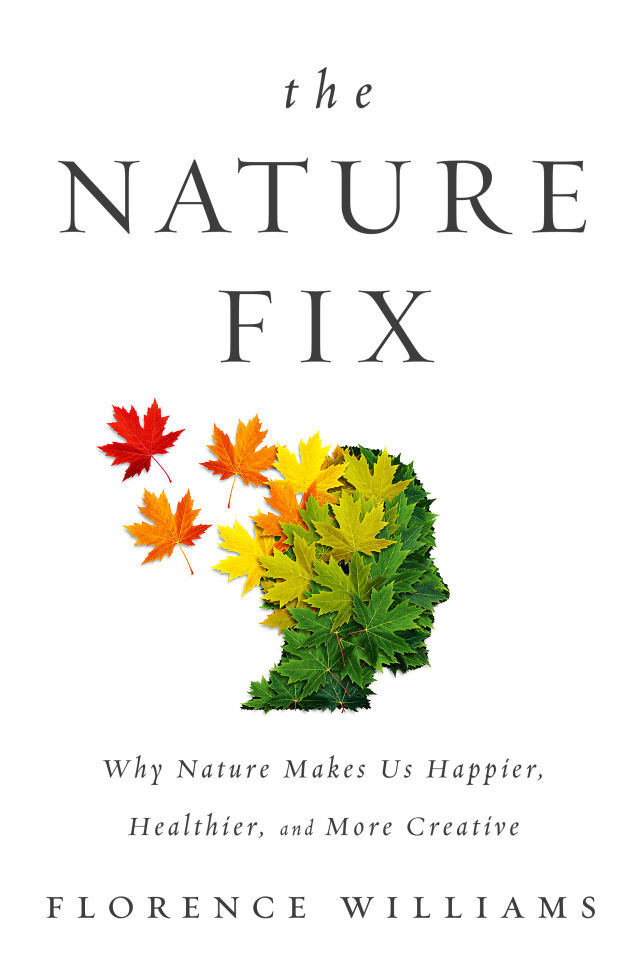
The Nature Fix was published on February 7, 2017.
Critically acclaimed author Florence Williams is coming to Powell’s this month armed with copies of her newly released scientific tour de Mother Earth, The Nature Fix. Whether you’re hoping to follow in her footsteps and venture to one of South Korea’s healing forests (where contingents of firemen partake in yoga and massage themselves with lavender oil as PTSD relief), or just need an excuse to skip town and hike the Columbia River Gorge, The Nature Fix offers a cross-continental rumination on nature’s feel-good effects in a world that’s increasingly concrete-centric. In advance of her February 14 appearance, Portland Monthly chatted with her about favorite destinations, the benefits of taking a stroll, and how to survive in a concrete jungle.
In The Nature Fix we see you traveling the world, experiencing what you might call different nature immersion projects. Was there any one that stood out over the others?
I was really blown away by what I learned from visiting Singapore, which is the third densest city on the planet. It’s like 50 percent green space, which is even a higher percentage than it was 10 years ago. And that’s because Singapore has made this really concerted effort to develop parks and to green up their infrastructure. And certainly Portland has done a great job with this. But in Singapore they’ve done these amazing things with vertical gardens, and it’s just kind of awe-inspiring to see these skyscrapers that have these green walls on the sides of them.
Do you see this as an attainable model for cities in the United States, or do you think there’s a cultural divide there that makes it harder for us to achieve?
Oh gosh, we certainly have cultural divides, don’t we? However, across cultural divides and a cross-political spectrum, people love nature. And they love clean water, and they love clean air, and they care about wildlife. These are sort of really bipartisan issues that can really help bring us together as a country. I see nature as being very healing not just psychologically and individually, but also politically and culturally.
Throughout the book, you seem to make an argument that the relationships you developed in nature felt different than the relationships you cultivated in city environments.
I do think there’s something just special about the outdoors that brings us together, and we’re increasingly disconnected from that. Probably because we spend so much time inside and on our devices that we’ve unfortunately lost some of our ability to have that easy connection. And that’s why I think outdoor programs are so great for kids and teenagers, because they do put their phones down for a while.
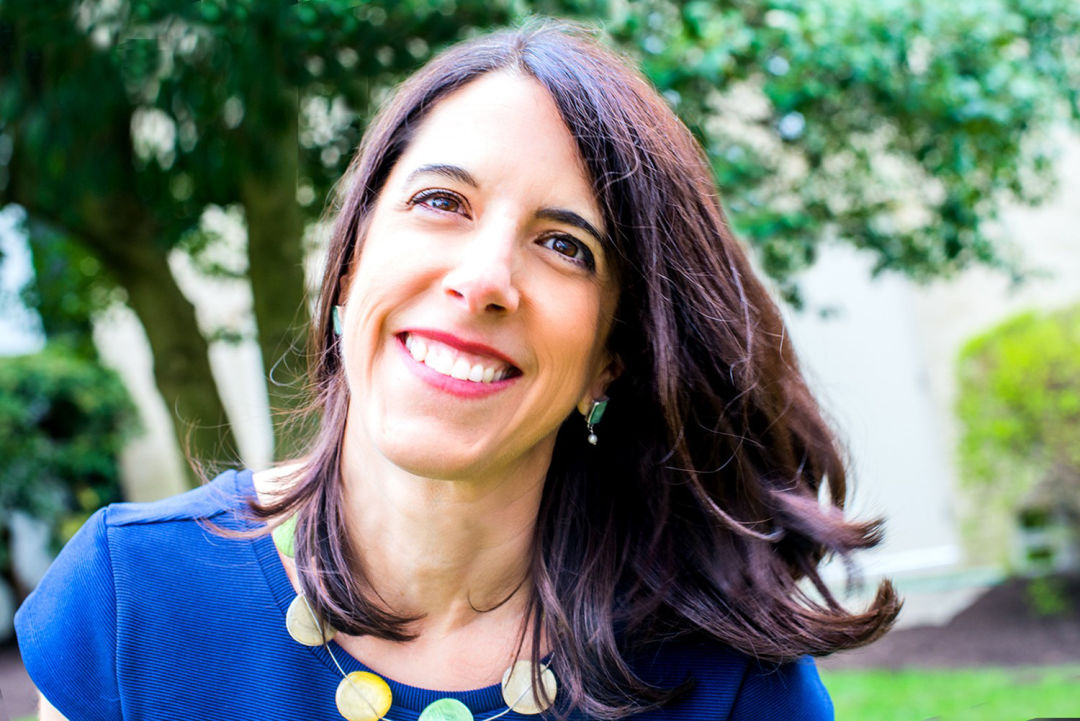
The Nature Fix author Florence Williams will visit Powell's on February 14.
Image: Sue Barr
You talk about the feel-good effects of looking at the nature-imitating fractals of Jackson Pollock paintings, or the benefits of looking out a window at a natural landscape. How do these quick fixes compare to longer immersions?
It looks like looking out a window can give us a quick cognitive boost. So it provides a micro-break for our brains, a micro-rest. And even those micro-rests can be really important for our attention and for our working memory and for our creativity. For sure, the more nature you get, the better. But if all you can do is look up out your window every 20 minutes, it’s great; it’s worthwhile.
How does the research presented in your book distinguish itself from all the studies that have been done on the benefits of general exercise?
Sometimes it’s hard to tease out, but some of the scientists are doing things like having their volunteers exercise in a lab and then exercise outside; and they see greater physical fitness boosts outside. In some of these experiments, people were exercising outside in nature and also exercising outside in a city, and they were noticing big differences there. In other words, they were getting the same amount of exercise, but their blood pressure was really changing; their cortisol levels were really changing; their moods were changing; their levels of anxiety were changing. But only when they were exercising in the natural environments.
How have your daily habits changed since going on this scientific odyssey through the natural world?
I make a bigger effort to go into my local parks. I used to be kind of a nature snob. I thought, “Ugh, if it’s not the Rocky Mountains, what’s the point?” But now I understand that there is a point, so I go into my neighborhood parks. If I have to walk somewhere, I’ll now pick the route that has the most trees. I’ll make an effort to be mindful when I am outside. I’ll make an effort to try to listen to the birds and watch for wildlife. I’ll even try to crumble the pine needles in my fingers and smell them when I’m walking because the science shows that it really helps relax us.
See Florence Williams at Powell’s City of Books at 7:30 p.m. Tuesday, February 14.

